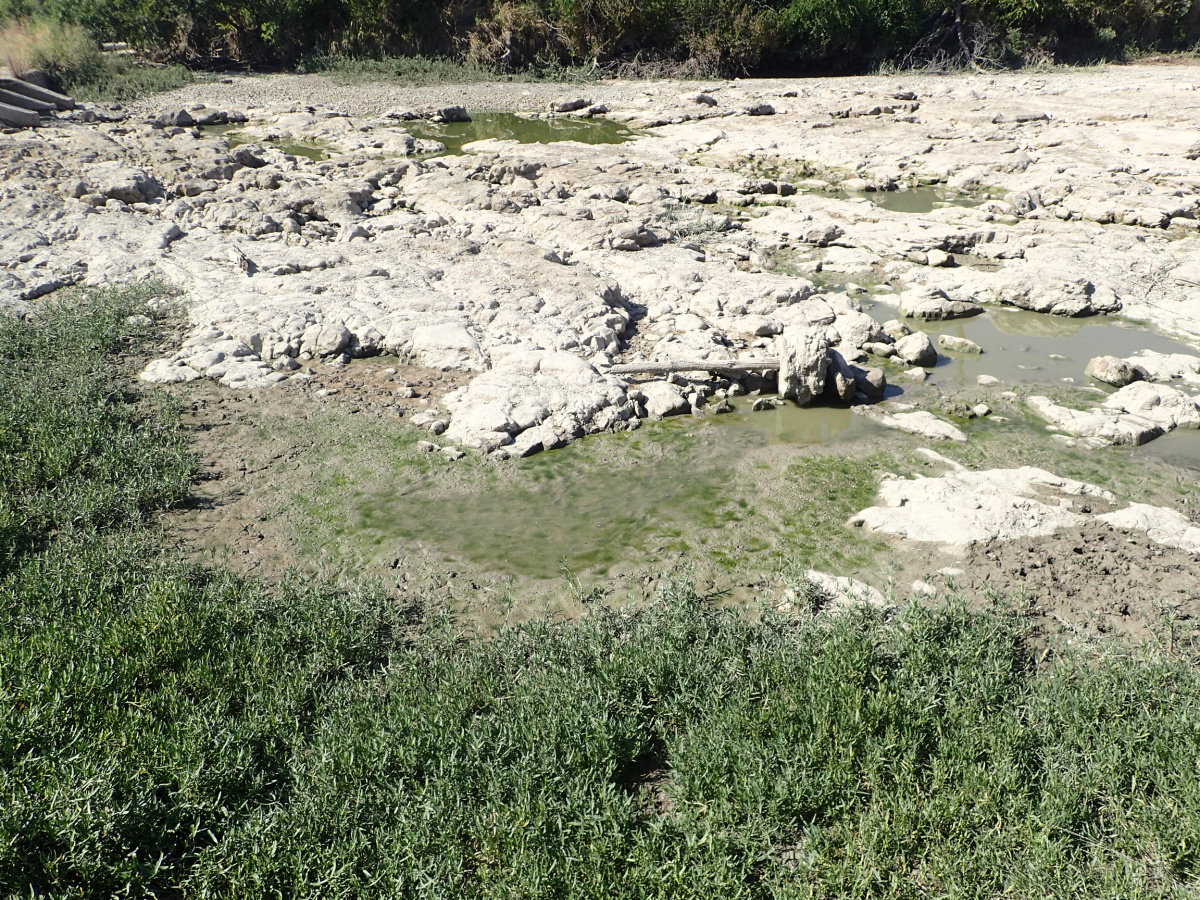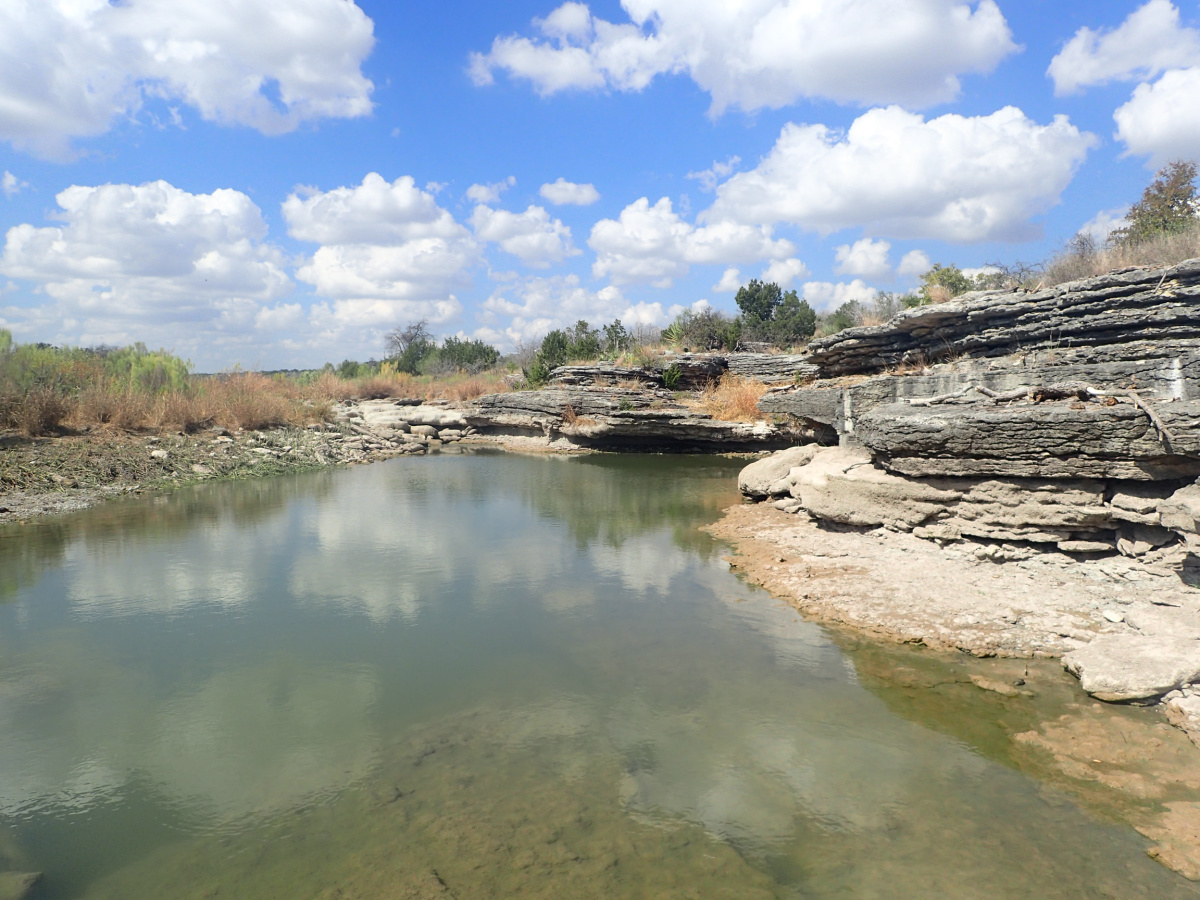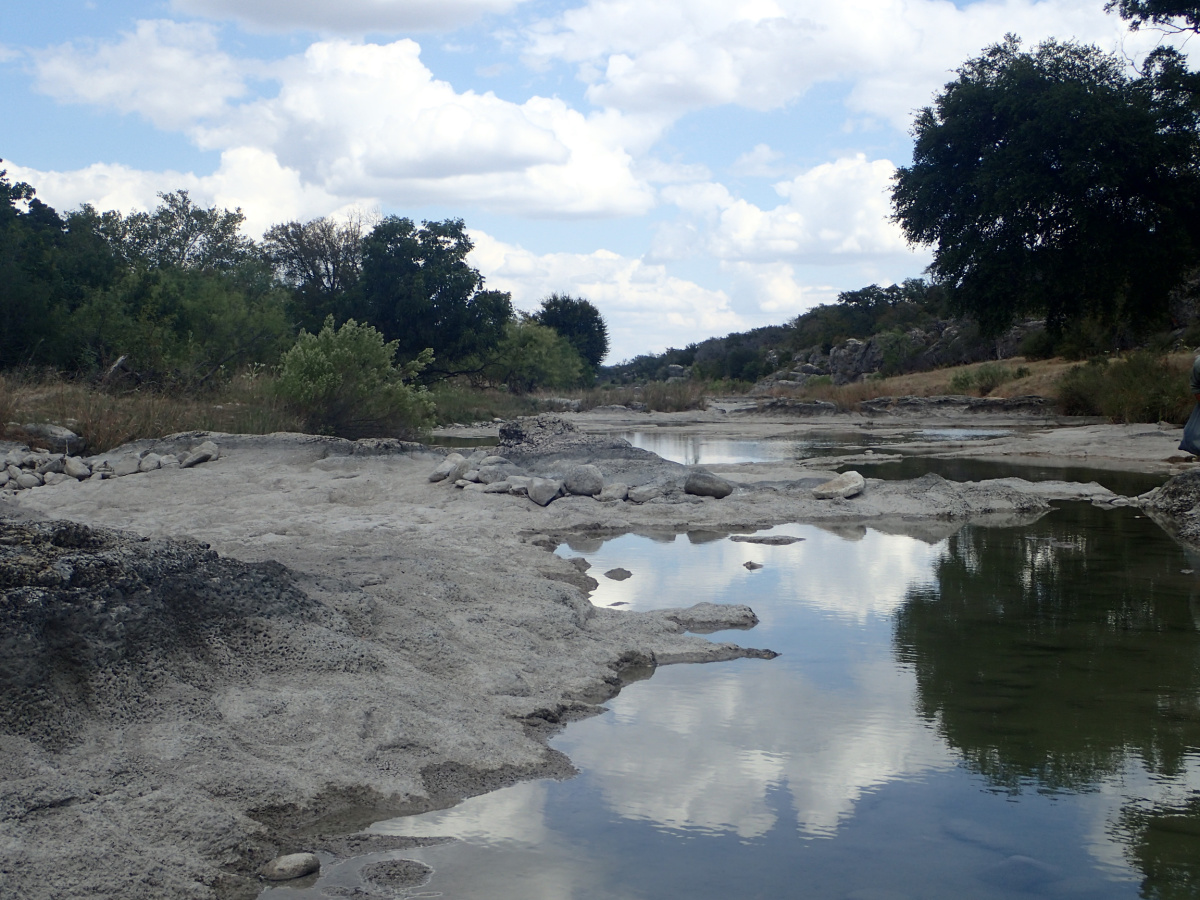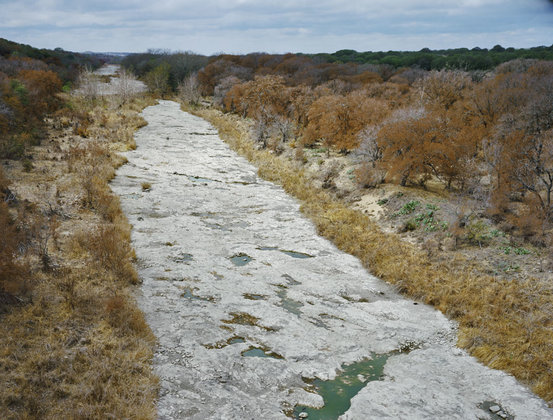by lanahill
Share
Share this post
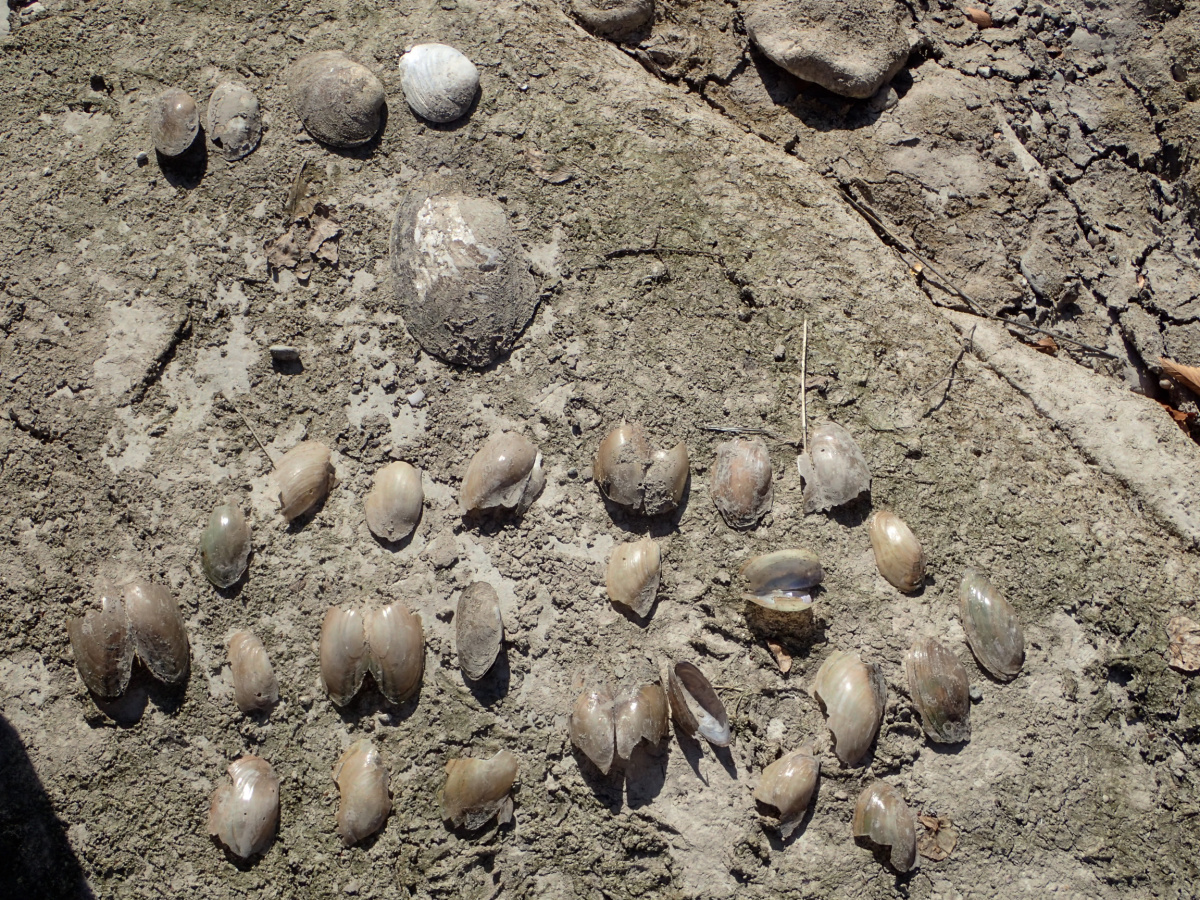
Freshwater Mussels
Central Texas Rivers are home to certain freshwater mussel species that do not exist anywhere else in the world. These mussel species have been in decline for the past 20 years due to the impairment of water quality and quantity in these rivers. Freshwater mussels (often referred to as “the livers of the rivers”) are little water treatment plants in rivers because they clean the aquatic ecosystem by filtering impurities from the water. Mussels also feed on algae, bacteria and silt and serve as water quality indicators. Healthy, diverse mussel beds not only clean the river, they also feed fish, raccoons, otters and birds.
Since 2011, the U.S. Fish and Wildlife Service (USFWS) has been evaluating the status of Central Texas freshwater mussels under the Endangered Species Act (ESA). On August 24, 2021, the USFWS issued a proposed federal rule to protect six central Texas mussels under the ESA by listing five species as “endangered” and one species as “threatened”. Four of these species are found or previously existed in the San Saba River, including the Texas pimpleback, Texas fatmucket, false spike and Texas fawnsfoot. A 60-day public comment period ended on October 25, 2021. USFWS expects to issue a final rule in 2022. USFWS identifies a number of factors that threaten these central Texas mussels, including declines in water quality, loss of stream flow, and degradation of habitat.
USFWS also proposes to list 1,944 river miles in Texas as critical habitat for endangered freshwater mussels, including the San Saba River. Critical habitat are areas designated as essential to the species’ conservation. USFWS reported they are in conversations with river authorities and other agencies interested in pursuing voluntary conservation agreements know as Candidate Conservation Agreement with Assurances (CCAA). In October 2020, the Brazos River Authority submitted the first CCAA for freshwater mussels in Texas, which includes water flow requirements to minimize impacts to freshwater mussels and their habitats.
State agencies have also been evaluating Central Texas mussels. Texas Parks & Wildlife (TPWD) scientists conducted a field investigation on the San Saba River below Menard in September 2015. TPWD noted the San Saba River was not flowing several miles east of Menard with very long distances of dry river channel and a few isolated pools. TPWD also identified many dead mussel shells for endangered species. Downstream riparian landowners’ (D&L users) filed numerous priority calls in the summer of 2015 with the Texas Commission on Environmental Quality (TCEQ) due to the “no flow” conditions on the San Saba River. TCEQ denied all priority calls claiming D&L users had access to one or two muddy potholes that held some water in the otherwise dried up river bed.
The Texas Comptroller’s Natural Resources Program funded two research projects by Texas A&M University and Texas State University to address knowledge gaps for Central Texas mussels. Another study by Texas A&M AgriLife Research and The Nature Conservancy (TNC) is researching how the extreme low and high water flows in the Hill Country impact populations of rare mussel species. This project team hopes to gain information that will help USFWS, TPWD and TNC engage local landowners and other groups to better manage both groundwater and surface water within the river.
FOSS members have actively supported all freshwater mussel research by providing access to the San Saba River from their private riparian land and by helping researchers learn more about the mussel communities in their stretches of the river. FOSS has also supported the Texas Comptroller’s Freshwater Mussels Working Group.
The hope is that with increased research and conservation efforts, the USFWS and other partners will be able to help Central Texas freshwater mussels persist into the future, which is critical to the ecosystem of the San Saba River.
Further Information:
- Central Texas Mussels, U.S. Fish and Wildlife Service, August 24, 2021, News Release and FAQs about USFWS’s proposed federal rule to list six Central Texas Mussels under the Endangered Species Act. [FAQS PDF DOWNLOAD] [US FISH & WILDLIFE PDF DOWNLOAD]
- Conserving Freshwater Mussels, Texas Wildlife, June 2021, Discusses function of mussels and Federal and State efforts to protect endangered Central Texas Mussels [PDF DOWNLOAD]

